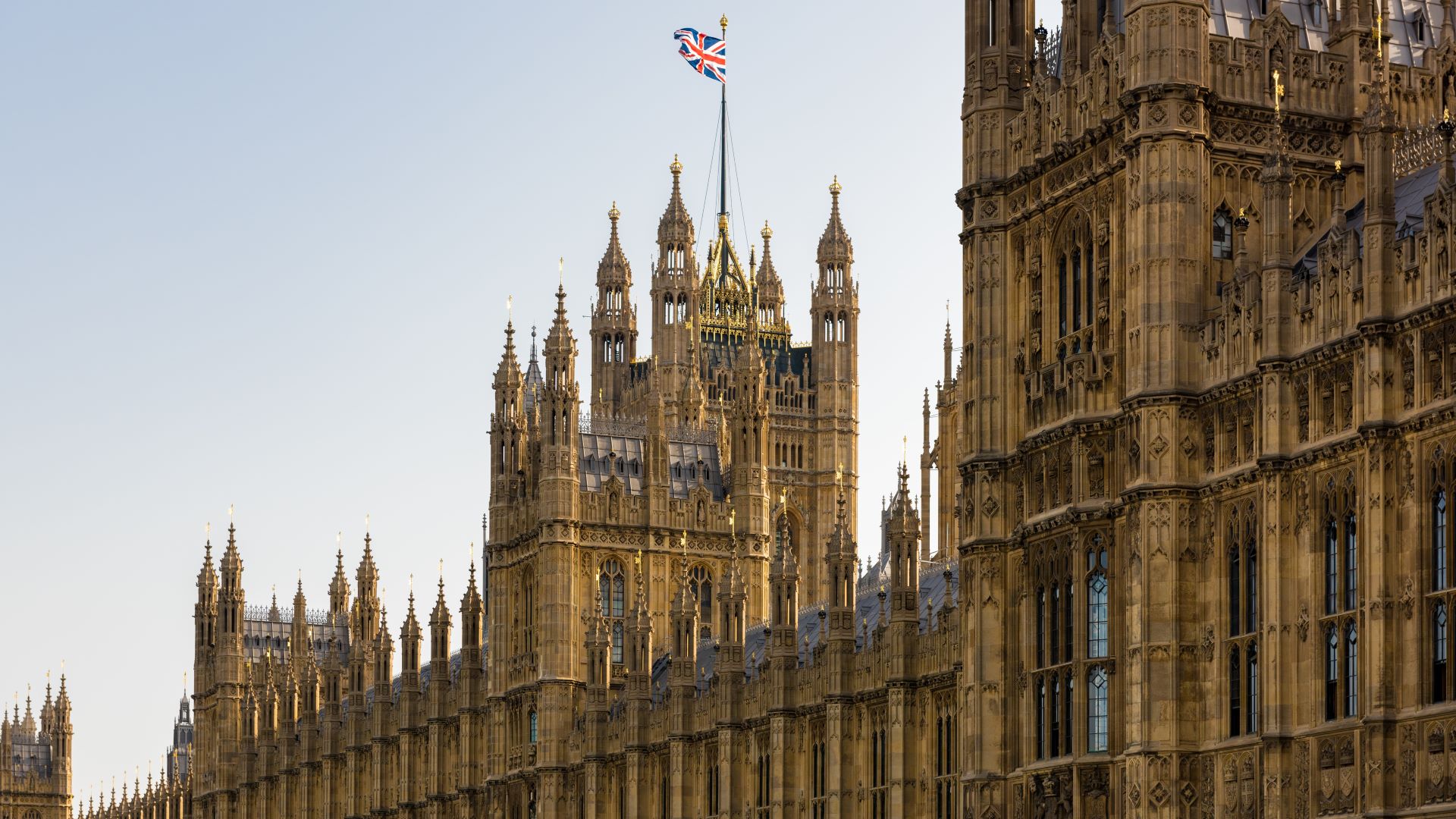What does the Labour victory mean for VPNs in the UK?
New majority party has previously expressed doubt about VPNs

July 4th was, of course, Independence Day, but across the pond in the UK it was also an election day. The country took to the polls with the results producing a new Prime Minister, Sir Kier Starmer, and a new government led by the Labour Party.
As champions of digital privacy and online freedom here at Tom's Guide, we like to keep track of how current events impact people's rights online. Labour's victory might be one that users of even the best VPNs should pay attention to.
VPenemy?
In October 2023 the UK (under a Conservative government) passed the Online Safety Bill. This legislation introduced some important measures requiring online firms to take responsibility for their platforms and prove they were tackling some of the more abhorrent habits of the internet.

Firms will have to prove they are working to remove offensive content such as child sexual abuse, encouraging self-harm, and selling illegal drugs from their platforms or else face increased punishment from regulator Ofcom. So far so good.
What was more controversial was a clause that ProtonVPN founder Andy Yen described as giving the British government "the power to access, collect, and read anyone’s private conversations any time they want."
This is because the bill stipulates that the government can compel encrypted messaging services like WhatsApp and Proton Mail to examine the contents of users' messages.
It's a difficult balance between safety and privacy with no obvious right answer, so where does Labour sit?
Labour's position
In its 2024 manifesto, Labour explicitly mentions its aim to "build on the Online Safety Act, bringing forward provisions as quickly as possible, and explore further measures to keep everyone safe online, particularly when using social media."
That all sounds fair enough but what might this mean for VPNs? In 2022 when the Online Safety Act was being debated in Parliament, Labour explicitly brought up the subject of VPNs with MP Sarah Champion worried that children could use VPNs to access harmful content and bypass the measures of the Safety Act.
In a January 2024 Parliamentary debate about Ofcom's powers, she also expressed more valid concerns about child sexual abusers using VPNs to hide their identities online.
Certainly, no one will argue that it is not horrifying, and there must be steps taken against this, but there are also plenty of legitimate reasons to use a VPN. They're a fantastic tool for privacy, security and free speech, and are essential for protecting against cybercriminals.
There is no explicit mention of VPNs in Labour's 2024 manifesto but it will interesting to see what kind of balance is struck between privacy and safety. There is plenty that can be done to catch criminals without sacrificing essential privacy and security tools that keep the vast majority of people safe from malicious hackers, scammers, and worse.
We'll be keeping a close eye on how Labour's government tackles digital privacy and cybersecurity in the UK, but for now, don't be fooled by the calls to cull VPNs.
Andy is a freelance writer with a passion for streaming and VPNs. Based in the U.K., he originally cut his teeth at Tom's Guide as a Trainee Writer before moving to cover all things tech and streaming at T3. Outside of work, his passions are movies, football (soccer) and Formula 1. He is also something of an amateur screenwriter having studied creative writing at university.
